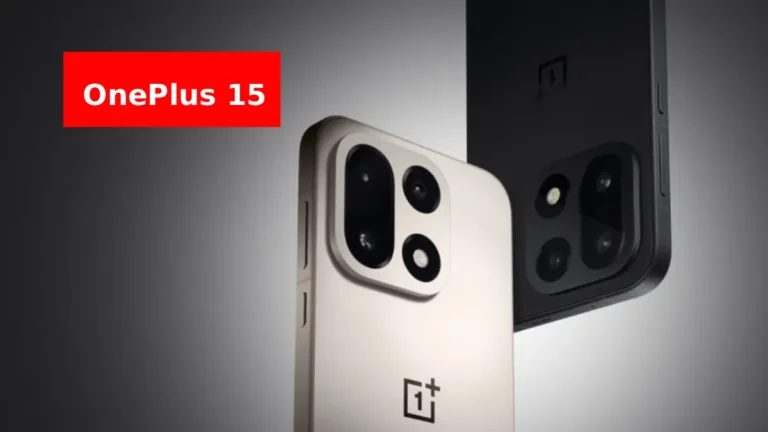
Google Pixel 10 Review: A Smarter Flagship Experience
Google Pixel 10 Review: A Smarter Flagship Experience
The Google Pixel 10 brings together premium design, intelligent performance, and powerful cameras, making it one of the most appealing Android flagships of 2025. With the new Tensor G5 chipset, improved battery efficiency, and standout AI-driven features, the Pixel 10 aims to deliver more value at a competitive starting price of $799. But is it worth upgrading to Google’s latest phone? Let’s find out.

Design and Display
Google has refined the Pixel 10’s design with a sleek aluminum frame, Gorilla Glass Victus 2 protection on both sides, and an IP68 water- and dust-resistant rating, making it durable and premium to the touch. At 152.8 x 72 x 8.6 mm and 204g, it strikes a balance between comfortable one-hand use and a solid build.

The 6.3-inch LTPO OLED display is a visual highlight, offering 120Hz refresh rate, HDR10+ support, and up to 3000 nits peak brightness. Whether you’re streaming in bright sunlight or gaming indoors, the sharp 1080 x 2424 resolution ensures vibrant colors and smooth motion.
Performance and Software
At the heart of the Pixel 10 is the Google Tensor G5 (4nm) chipset, designed for efficiency and AI-powered enhancements. Paired with 12GB RAM and storage options of 128GB or 256GB, the phone handles multitasking, gaming, and daily apps with ease.

Running on Android 16, Google promises seven major Android upgrades, ensuring the Pixel 10 will stay relevant for years. Features like Circle to Search, seamless AI photo editing, and real-time translation highlight Google’s edge in software-driven intelligence.
Camera Capabilities
Google has built its reputation around mobile photography, and the Pixel 10 continues the legacy. The triple-camera setup includes:
- 48MP main (wide) with OIS and dual-pixel PDAF
- 10.8MP telephoto with 5x optical zoom
- 13MP ultrawide for expansive shots
The camera system supports Pixel Shift, Ultra-HDR, Best Take, and Laser AF, ensuring crisp detail and vibrant tones across lighting conditions. Video recording is equally impressive, with 4K at 60fps and 10-bit HDR support, making it a versatile tool for creators.

The 10.5MP selfie camera with a wide 95° field of view delivers sharp results for group shots and supports 4K video recording, making it one of the better front cameras in its class.
Battery and Charging
Powering the Pixel 10 is a 4970 mAh battery, which easily lasts a full day of heavy use. Charging is fast and convenient, with 30W wired charging that reaches 55% in 30 minutes, along with 15W Qi2 magnetic wireless charging and reverse wireless support.

Google also includes bypass charging, reducing battery wear during intensive gaming or long sessions on the charger.
Connectivity and Extras
The Pixel 10 covers all modern connectivity needs, supporting 5G SA/NSA/Sub6/mmWave, Wi-Fi 6E, Bluetooth 6 with aptX HD, and advanced GPS systems including NavIC.
Other extras include stereo speakers, under-display ultrasonic fingerprint sensor, and satellite SOS service for emergencies. The lack of a 3.5mm headphone jack remains a drawback, but wireless audio options perform well.

Final Verdict
The Google Pixel 10 offers an excellent balance of design, performance, and camera innovation at a price point that undercuts many rivals. With its Tensor G5 chip, impressive cameras, and long software support, it feels like one of the smartest choices for anyone looking for a reliable flagship in 2025.
Pros:
- Bright and smooth LTPO OLED display
- Tensor G5 with AI-driven performance
- Excellent camera system with 5x optical zoom
- Long battery life with multiple charging options
- Seven years of Android updates
Cons:
- No microSD card support
- No 3.5mm headphone jack
- Charging speed behind some competitors
✅ Worth buying? Absolutely. At $799, the Pixel 10 is one of the best all-rounders on the market, offering flagship features at a competitive price.


